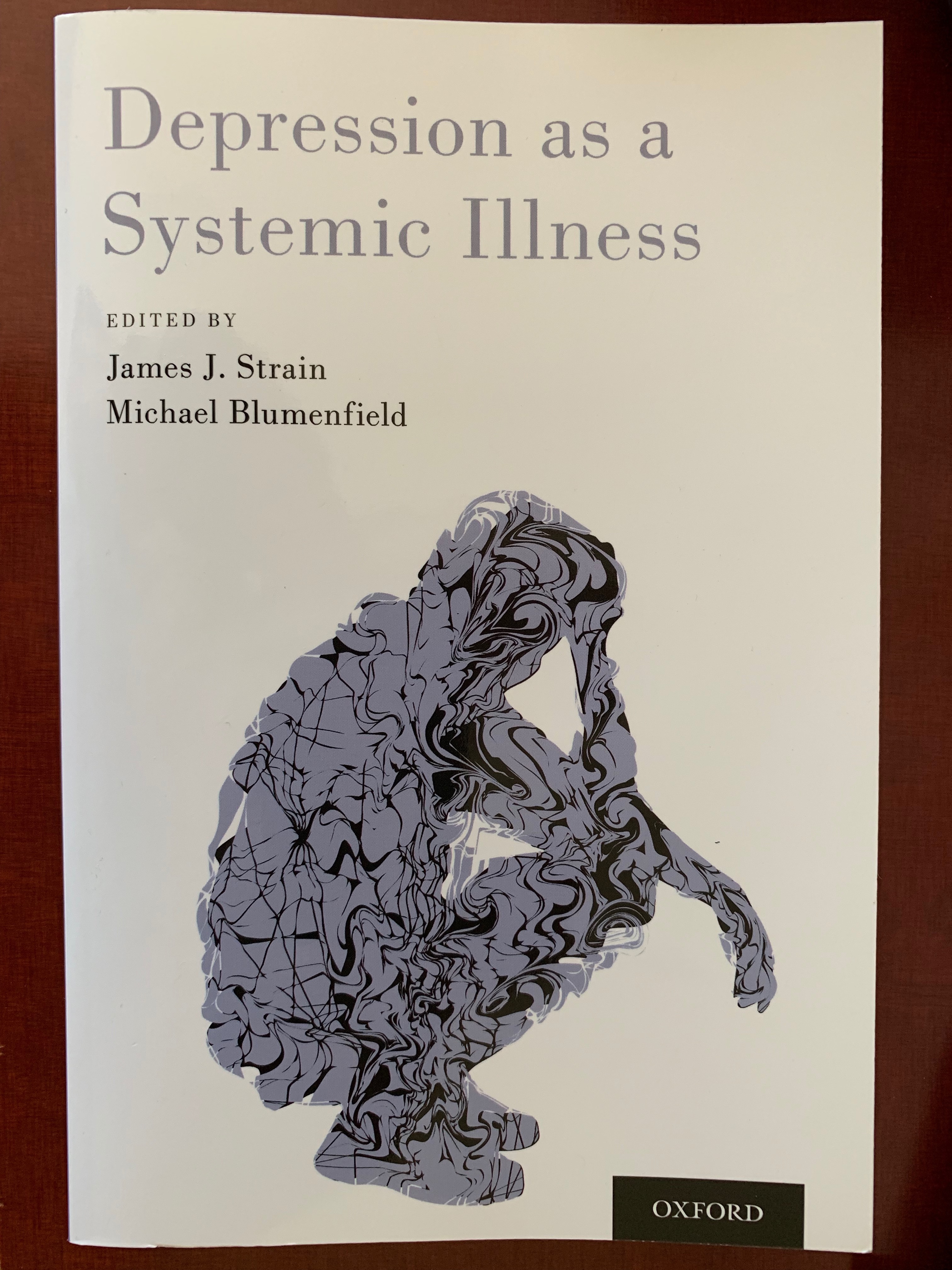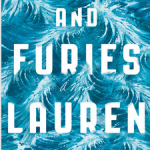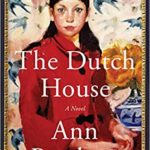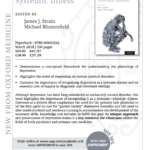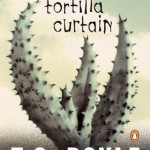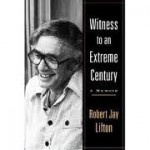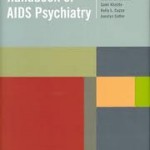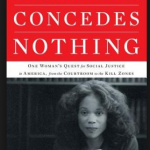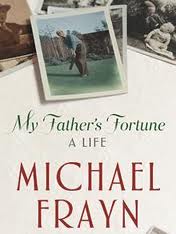My Father’s Fortune by Michael Frayn
My Father’s Fortune—Michael Frayn is an accomplished author and playwright who has written the story of his father’s life which is in part an autobiography of his own youth growing up in the outskirts of London. The author has already exceeded the life span of his father who died at the age of 69. The book is Frayn’s attempt of a remembrance of his father, which he wishes to pass on to future generations of his family. By his own words, his father was not a remarkable man, rather quite typical for the times. His son is able to put this story in public view because he is an accomplished writer who writes quite well and has a history of successful award winning novels and plays. It is not because it is a captivating unique, particularly insightful view into the human psyche. As a psychiatrist who has had the privilege of listening to many family histories in great detail over the years, this one as presented doesn’t not rate very high as one with complex or unusual revealing psycho dynamics. Of course it was not the purpose of this author to purport his story as anything more than the tale of his beloved father.
Certainly since the author’s mother died when he was a pre-adolescent, his father took on a more significant role in his life . This was especially pertinent because his subsequent stepmother never became very important to him or to his sister. His father was a poorly educated man who had a difficult childhood, had a hereditary hearing deficit (which was not passed on to his sister or himself) and worked as an asbestos salesman for most of his life. He never had much money and would always prefer to buy something second hand or improvise even when he could afford things. He wasn’t particularly affectionate to his kids and actually made his son feel that he was a disappointment to him because he never quite caught on to the British national sport of cricket. In retrospect, the author appreciated his father’s effort to see that he had a good education which made a difference in his life especially because he became a man of words.
It should be mentioned that the picture which he painted of his only younger sibling was not very flattering. He noted that she chose not to talk to him or his second wife for most of his adult life, without any reason known to the author. In the end, the book as broadens the reader’s cultural awareness, by describing a close up look at one family in London, in the generation spanning before, during and after World War II. The family highlight was the family’s experience with the “doodle bomb” which was the Nazi’s pilot less rocket bombs which frequently attacked their neighborhood and all of London.
We cannot fault this talented author for wanting to tell the story of his family for future generations of his progeny. However, it would have been twice as good a read had the author instead written a novel and weaved a plot or an interesting storyline on top of all the descriptions of the events of his family.

